When it comes to weight loss, the internet is filled with promises of quick fixes and miraculous transformations. Also, Instagram influencers and celebrities tout the latest diet trends as the holy grail of health and wellness, and it’s easy to get caught up in the whirlwind of trendy eating. The allure of these diets is undeniable, but are they the key to long-term health?
Before diving headfirst into the next big craze, let’s examine the pros and cons of a few popular diet plans and explore why lifestyle changes may be the key to long-term health and wellness.

The Keto Craze

Ah, the ketogenic diet—a high-fat, low-carb eating plan that has taken the dieting world by storm. Advocates of keto rave about its ability to promote rapid weight loss and improve energy levels. By drastically reducing carbs and replacing them with fats, the body enters a state of ketosis, where it burns fat for fuel.
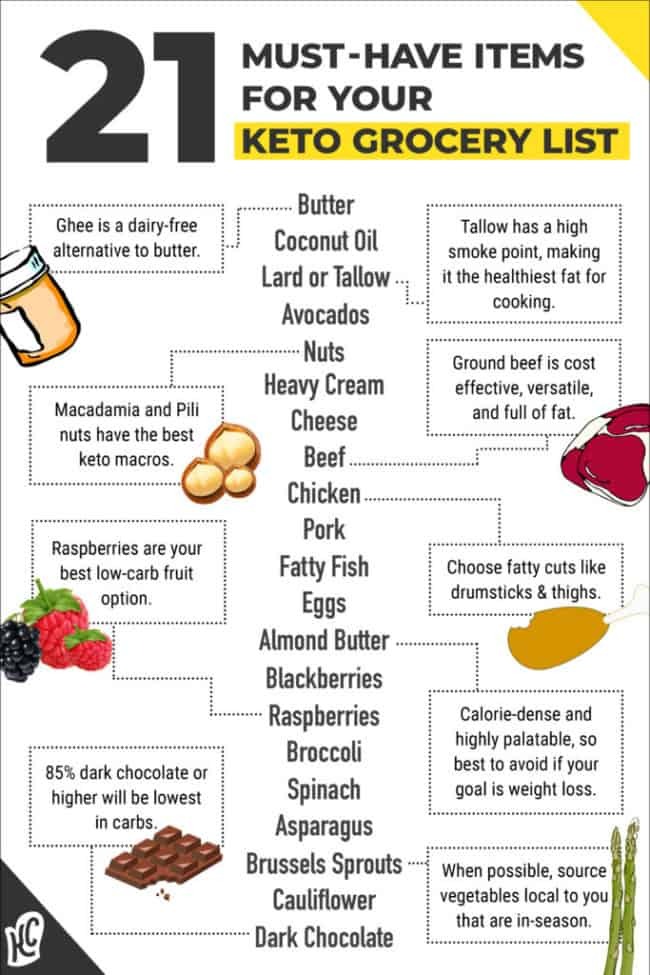
While some people have seen remarkable results with keto, it’s not without its drawbacks. Many find the strict carb restrictions challenging to sustain long-term, leading to what’s commonly referred to as the “keto flu,” a collection of symptoms that include fatigue, irritability, and brain fog as the body adjusts to the new fuel source. Moreover, the emphasis on high-fat foods can sometimes lead to a less-than-ideal lipid profile, with concerns raised about its impact on heart health.
Intermittent Fasting
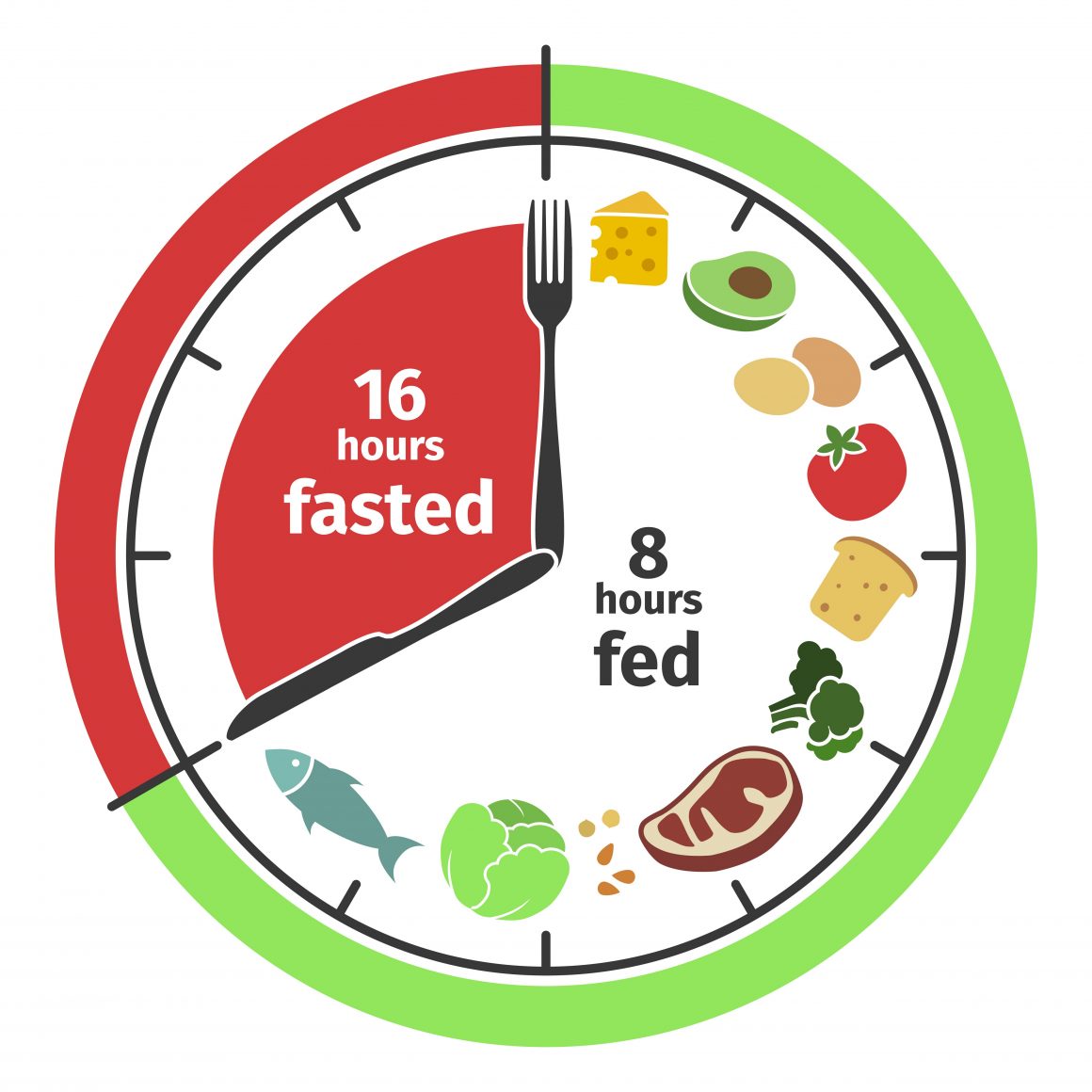
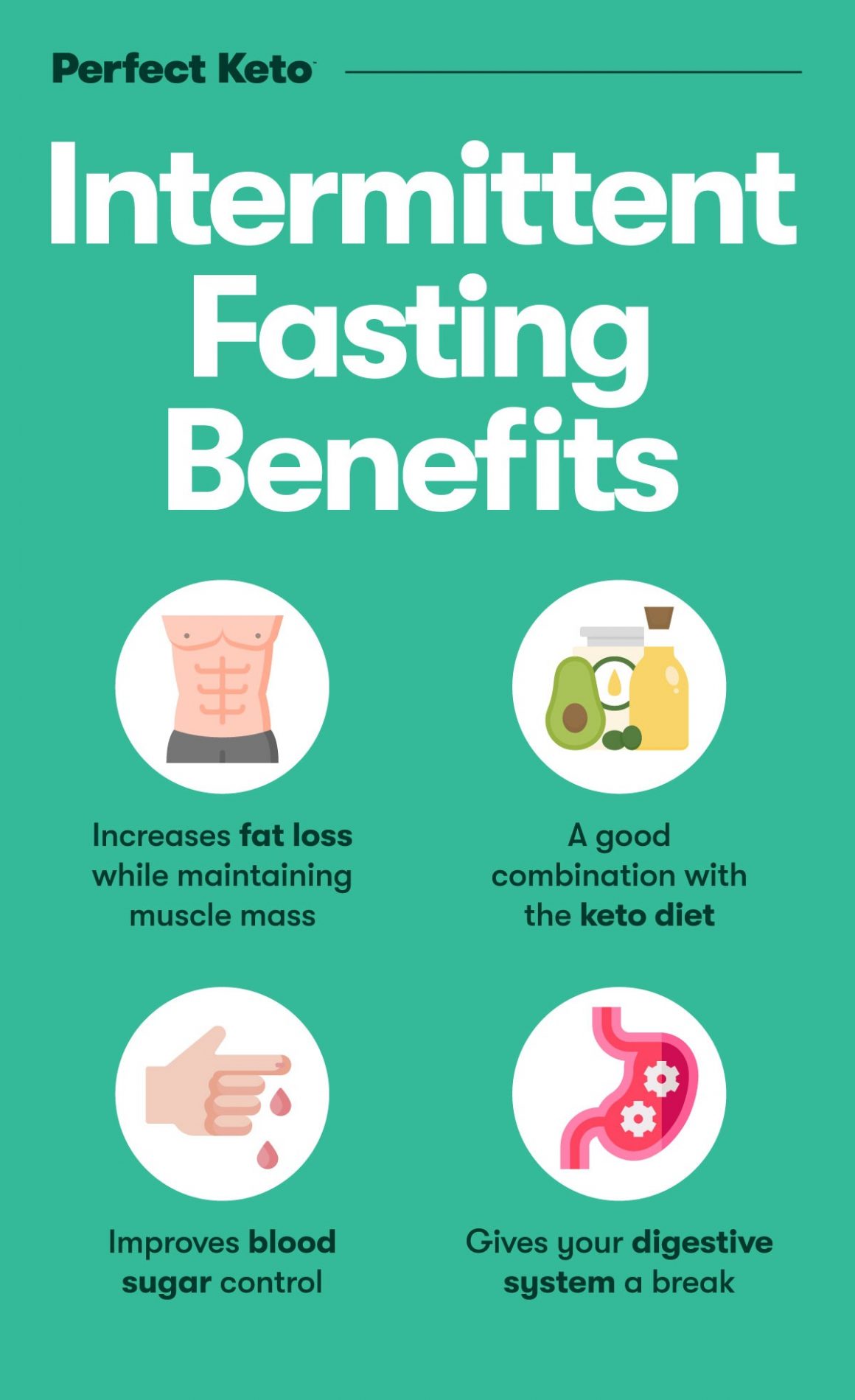
Enter intermittent fasting, the practice of cycling between periods of eating and fasting. Proponents praise it for its simplicity and flexibility, claiming benefits such as improved metabolism and enhanced fat burning. With variations like the 16/8 method (fasting for 16 hours and eating within an 8-hour window) or the 5:2 approach (eating normally for five days and restricting calories for two non-consecutive days), it’s no wonder many have jumped on the fasting bandwagon.
However, intermittent fasting isn’t suitable for everyone. Some individuals may experience increased irritability and difficulty concentrating during fasting periods, which can potentially exacerbate disordered eating patterns in those prone to such behaviours. Additionally, focusing on when to eat rather than what to eat may lead to overlooking the importance of nutrient-dense foods and balanced meals.
Plant-Based Power

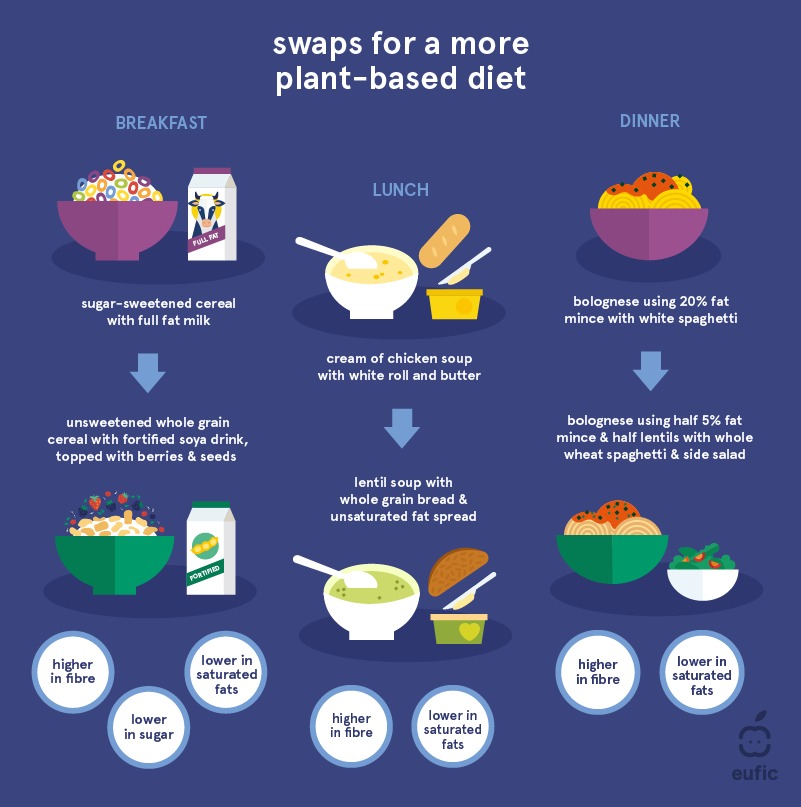
In recent years, the plant-based lifestyle has garnered significant attention, with many embracing veganism for its purported health benefits and ethical considerations. Advocates of the vegan diet tout its potential to lower the risk of chronic diseases and its positive impact on the environment. By emphasising whole, plant-based foods and omitting animal products, individuals may experience weight loss and improved digestion.
Going vegan isn’t a one-size-fits-all solution. Without proper planning, it’s easy to fall into the trap of relying on processed vegan substitutes that may lack essential nutrients. People may also find it challenging to meet their protein needs, leading to feelings of weakness or lethargy. Furthermore, the social implications of adhering to a vegan diet, such as limited options at social gatherings or when dining out, can present significant challenges for some.
The Path to Sustainable Eating
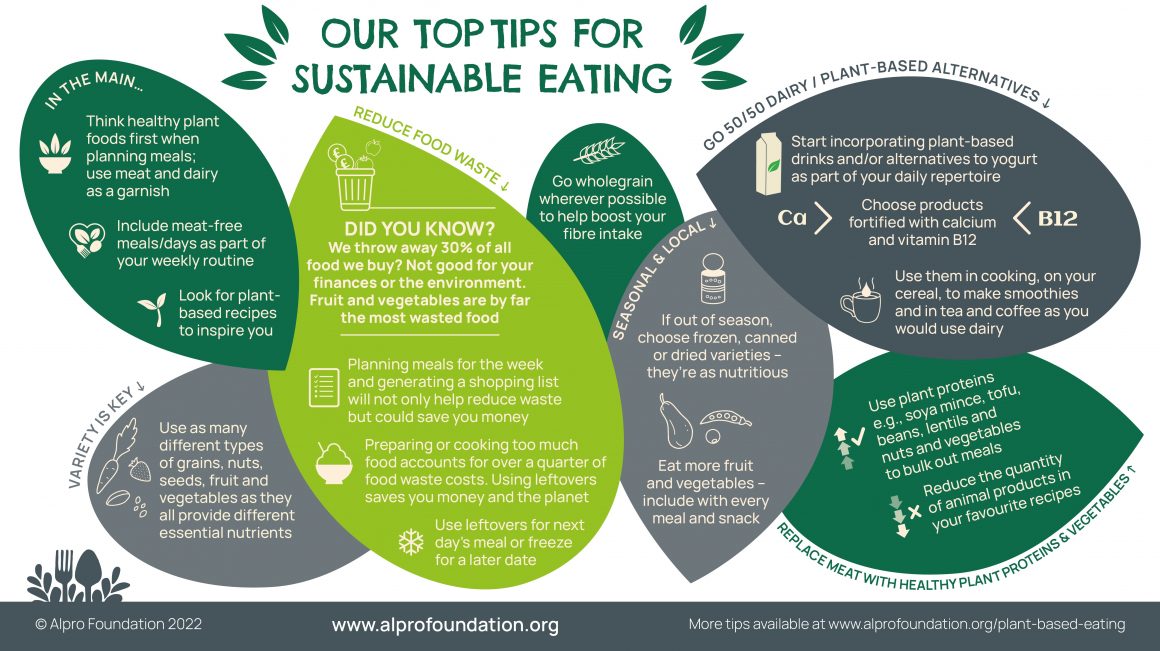
While these diet plans have their merits, it’s essential to remember that sustainable and long-term health isn’t about quick fixes or extreme restrictions. Instead, it’s about making balanced and mindful choices that support overall well-being. Rather than hopping from one trend to the next, consider embracing a lifestyle that prioritises whole, nutrient-dense foods and regular physical activity.
Ultimately, the best “diet” isn’t a diet at all; it’s a lifestyle that fosters a positive, healthy, and sustainable relationship with food.













